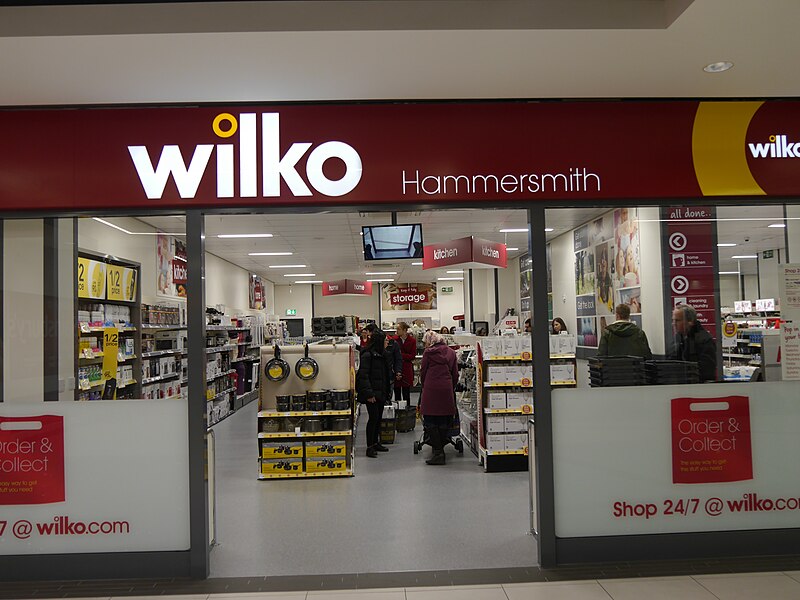
A rescue plan for the High Street retail chain Wilko has collapsed, casting a shadow of uncertainty over the future of thousands of jobs. The billionaire owner of HMV, Doug Putman, had hoped
to keep as many as 300 Wilko stores operational, but his bid faltered due to escalating costs, leading to a highly uncertain outlook.
This situation now leaves over 10,000 employees and hundreds of stores in a state of limbo. Some of Wilko's remaining stores could potentially be sold to competing retailers like Poundland or The Range.
In the coming days, administrators are expected to reveal the specifics of job cuts and store closures. Wilko, facing financial difficulties, had previously declared bankruptcy in August, raising concerns about the job security of its 12,500-strong workforce.
Administrators from PwC have already disclosed plans for 1,016 job redundancies across 52 stores nationwide that are set to close. An additional 299 job losses have occurred at its distribution centers in Worksop and Newport, while over 260 redundancies have been reported at its support center.
Proposals put forth by Canadian entrepreneur Doug Putman faced formidable challenges, primarily stemming from the complexities and costs associated with revamping Wilko's supply chains. Originally eyeing approximately 300 stores, the deal, in its latest iteration, may have encompassed about 100 stores.
Day-to-day operational expenses, rents, and supplier contracts further complicated the rescue effort. In a statement provided to The Sun newspaper, Doug Putman expressed his disappointment, stating, "A stable foundation could not be secured to ensure long-term success for the business and its people in the way that we would have wanted."
Wilko, which stepped up to fill the void on the High Street left by the collapse of Woolworths in 2008, has been a family-run business since its inception in 1930. Known for its affordability and everyday items, the company had been grappling with significant losses and a severe cash shortage.
Nadine Houghton, national officer at the GMB union, characterized this development as "another devastating blow" to Wilko's employees, suggesting that a different outcome might have been possible if company leadership had listened to workers' concerns.
Wilko faced stiff competition from rival chains such as B&M, Poundland, The Range, and Home Bargains, as the rising cost of living prompted consumers to seek out bargains. B&M has already indicated its intent to acquire up to 51 of Wilko's 400 stores in a deal valued at £13 million, although the impact on jobs remains uncertain.
Many of Wilko's stores are situated in High Street locations in traditional town centers. However, the pandemic has led to a shift towards larger retail parks and out-of-town shopping options, benefiting competitors like B&M.
Poundland is also reportedly considering purchasing dozens of Wilko stores to bolster its own portfolio. Additionally, the Wilko brand itself is up for grabs, with retailers such as The Range considering bids for the name.
Wilko had previously secured substantial loans from restructuring specialist Hilco, implemented job cuts, revamped its leadership team, and sold a distribution center in a bid to contend with mounting costs and supply challenges. Lisa Wilkinson, the company's former chairwoman and the granddaughter of its founder, recently emphasized the extensive efforts made to rescue the business. Photo by Edward Hands, Wikimedia commons.


































